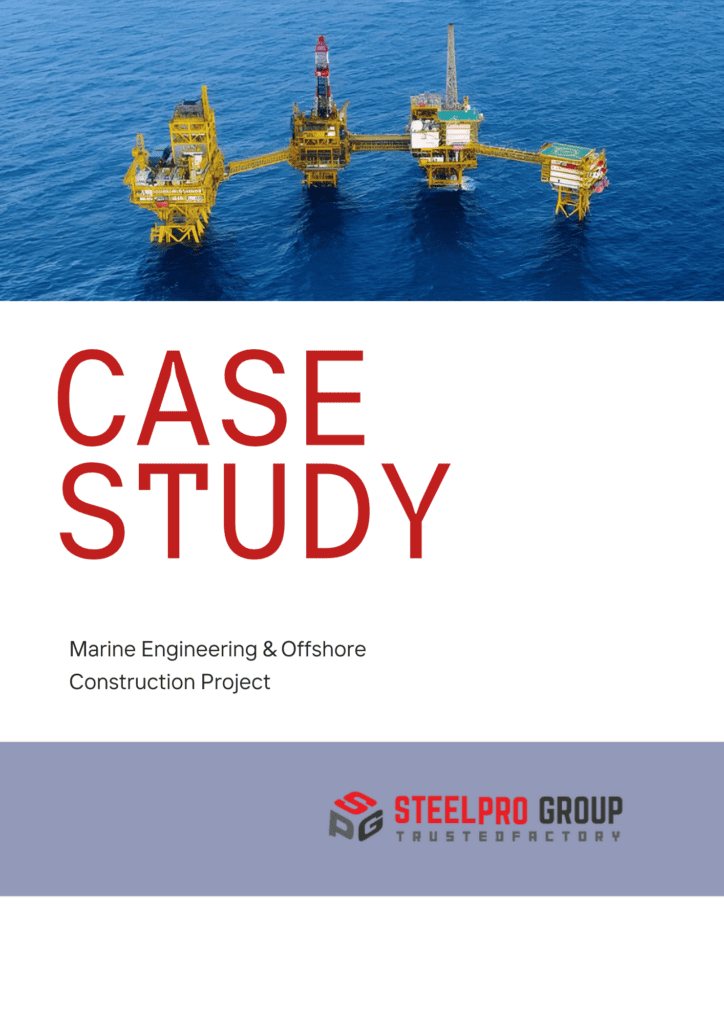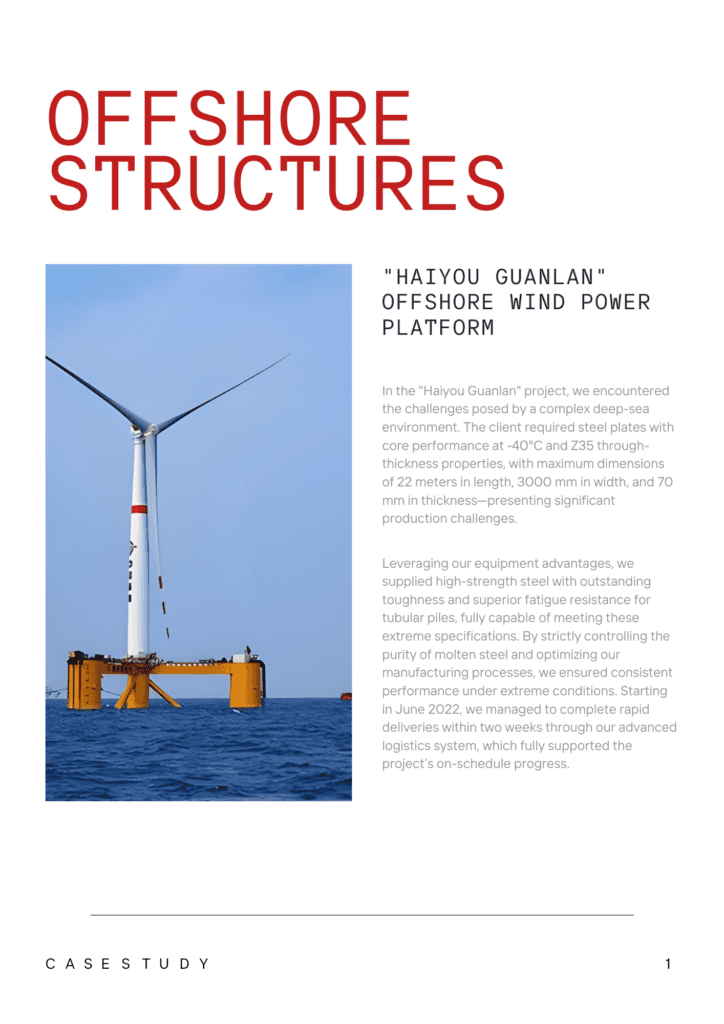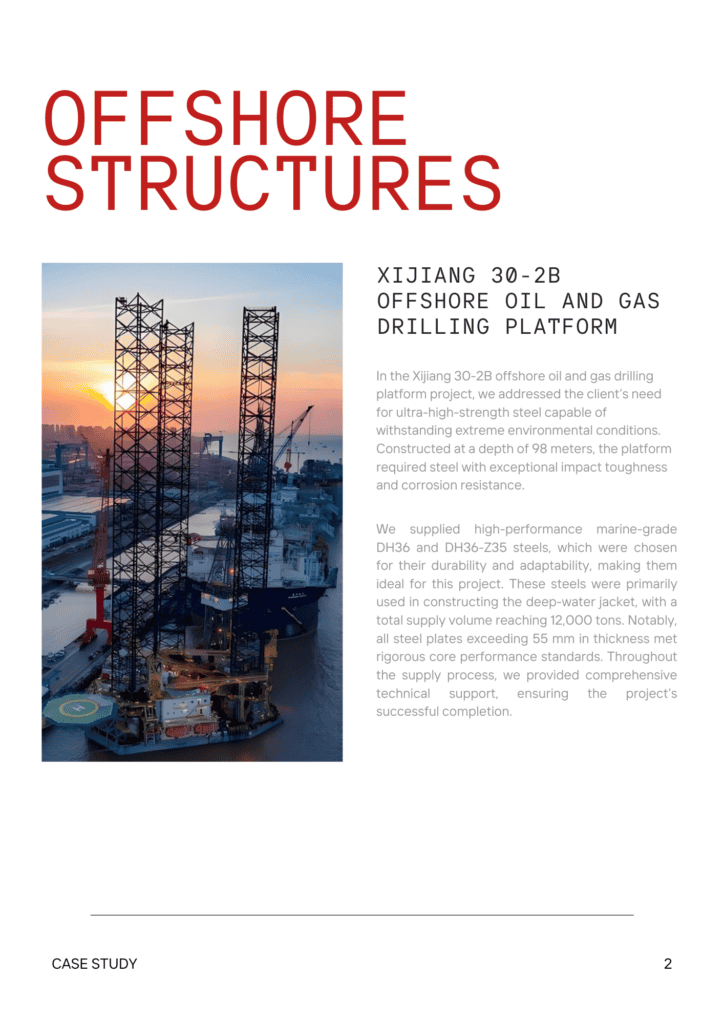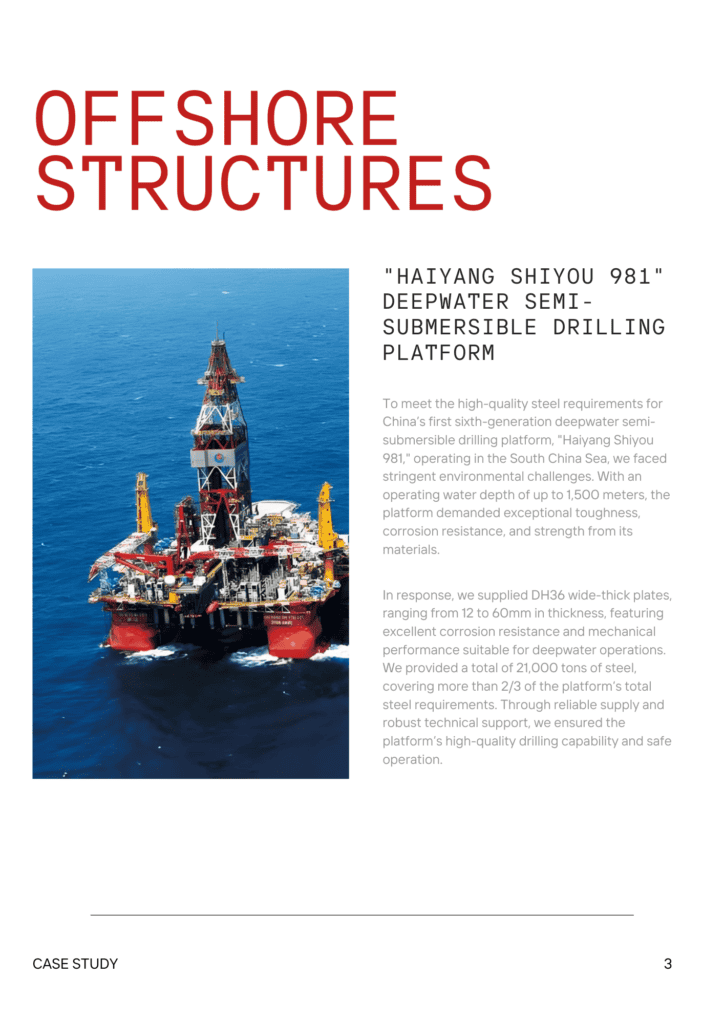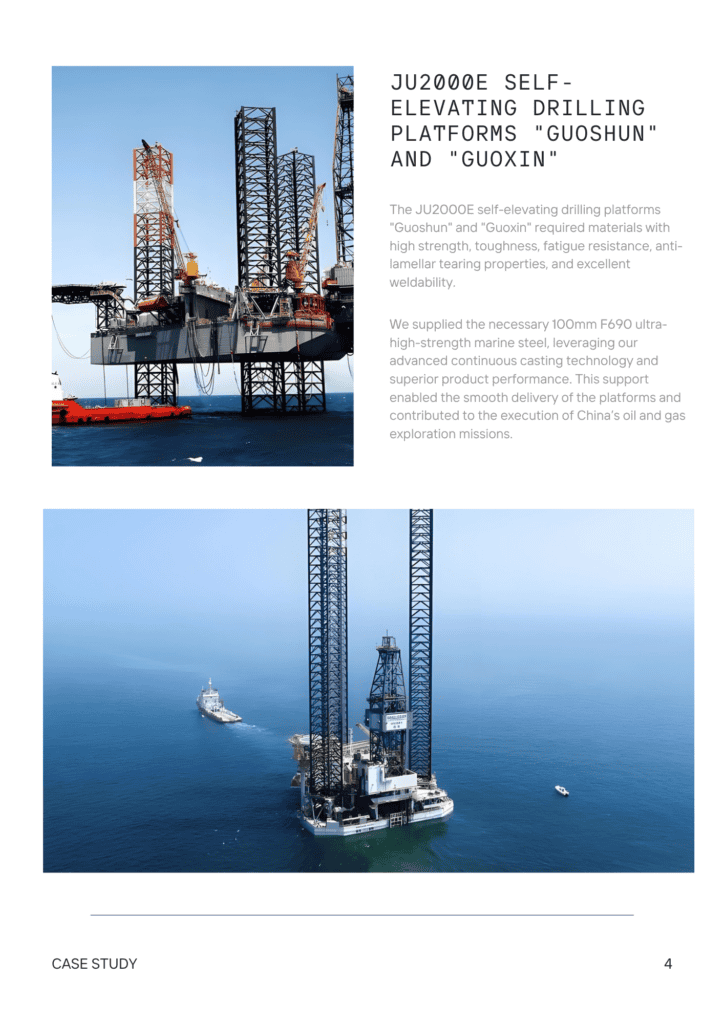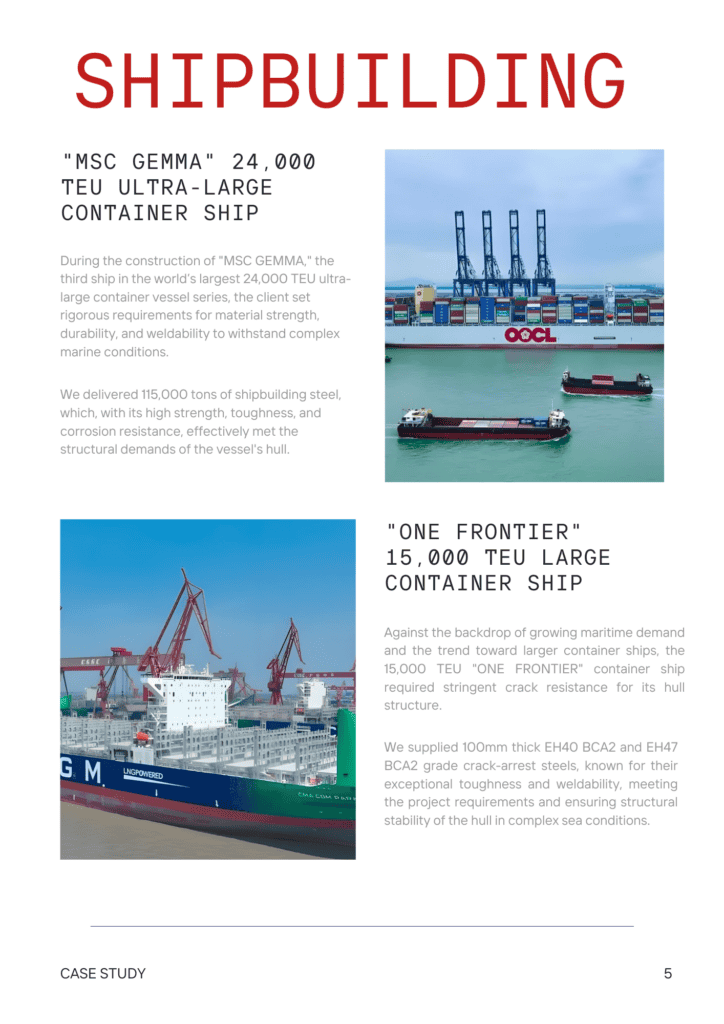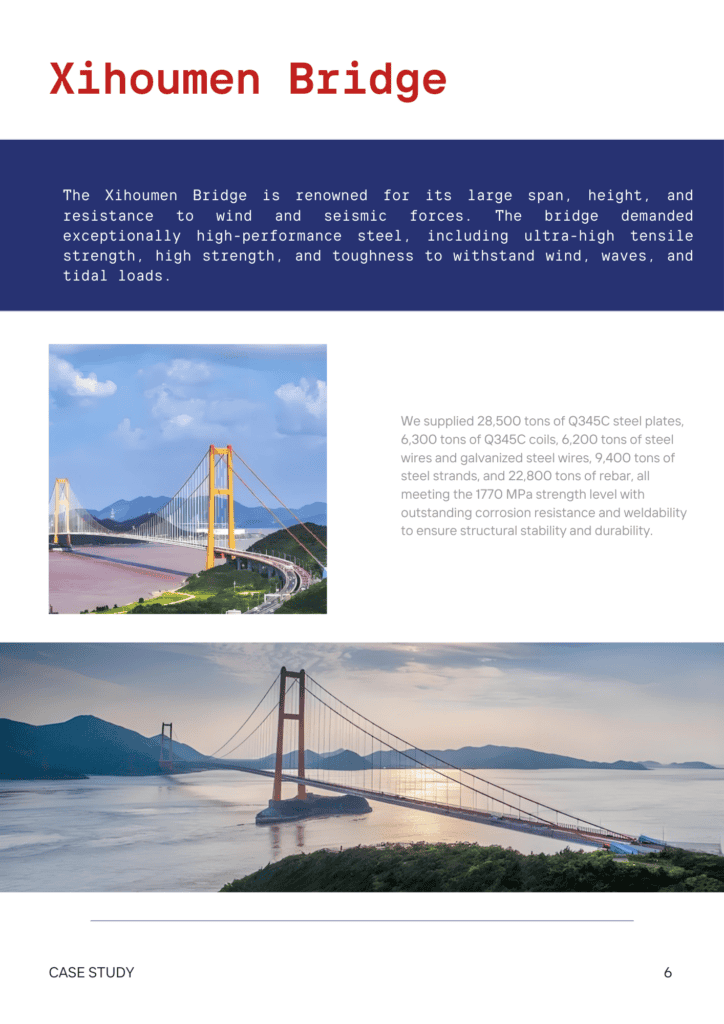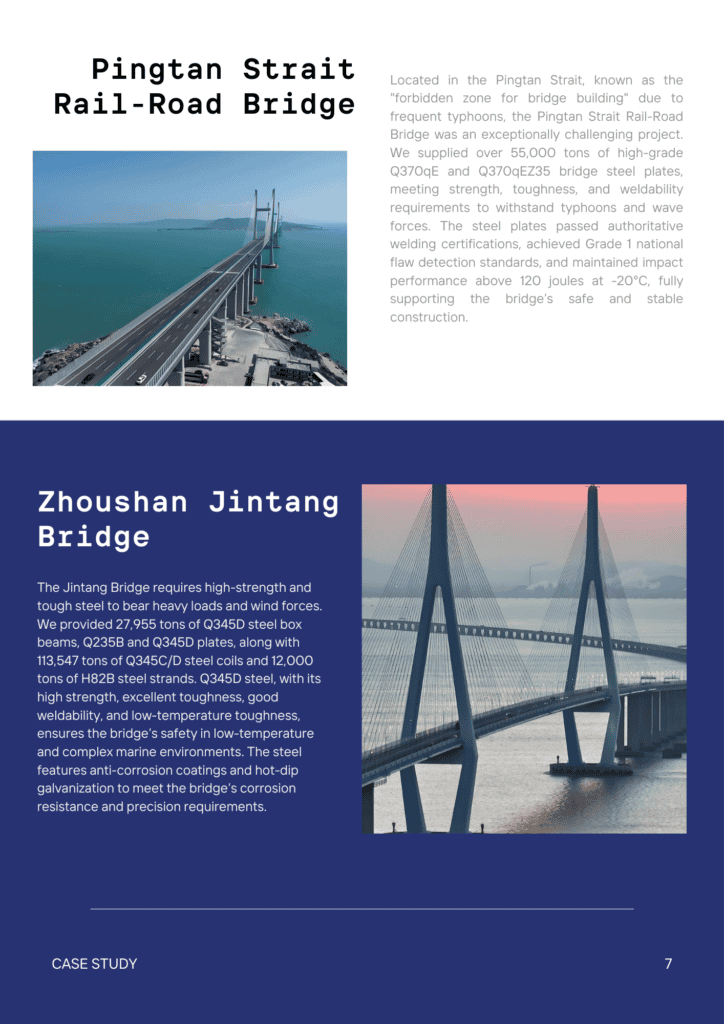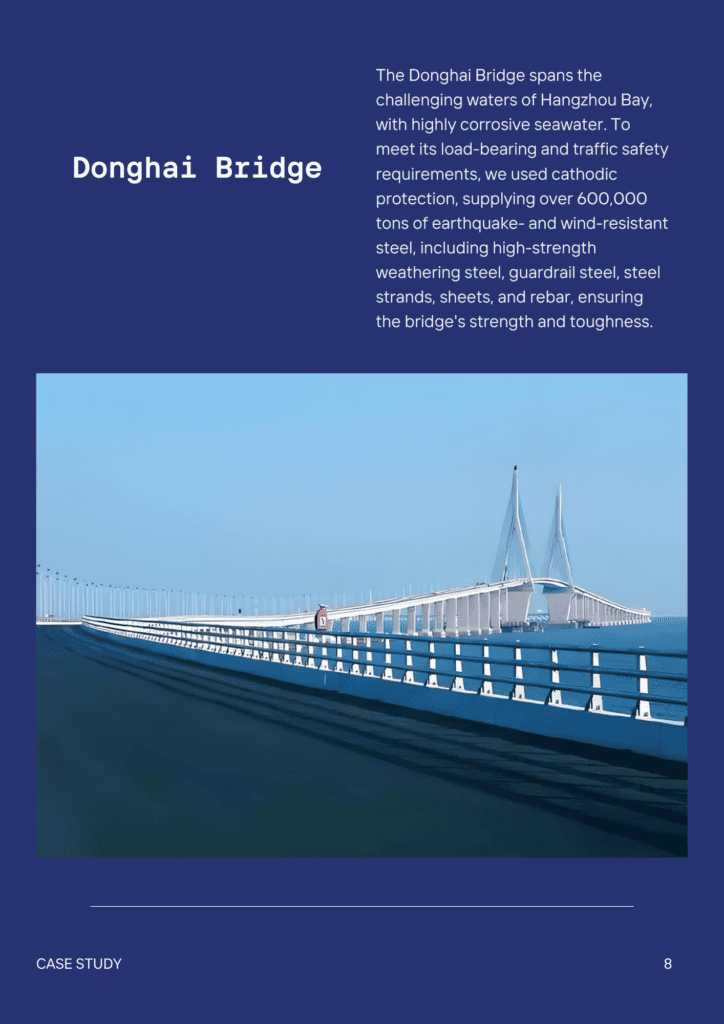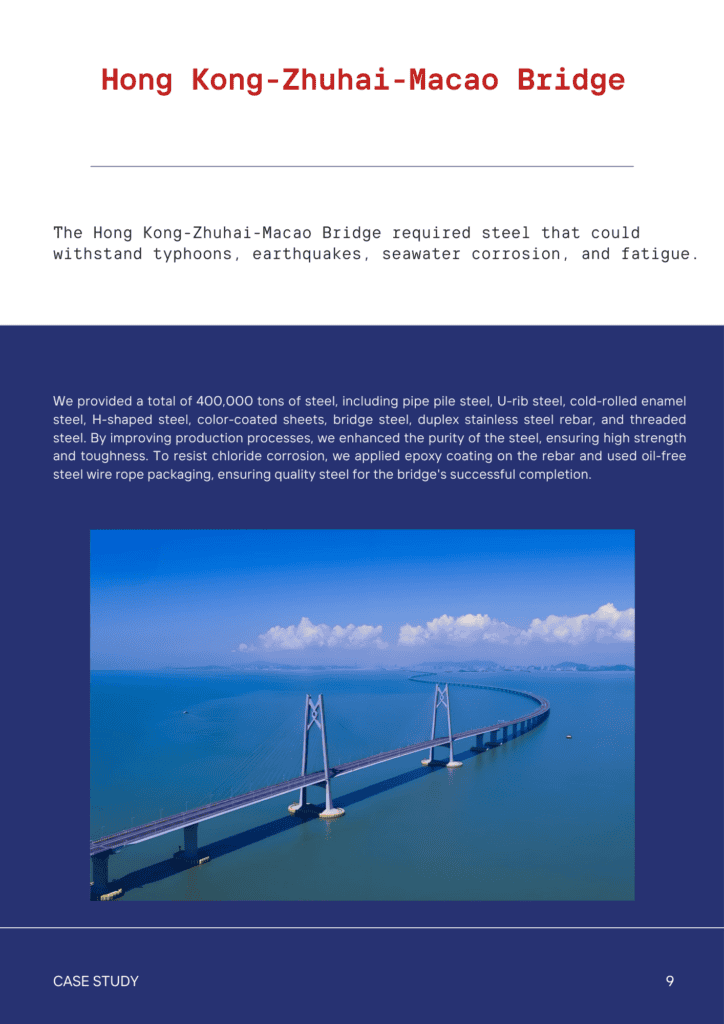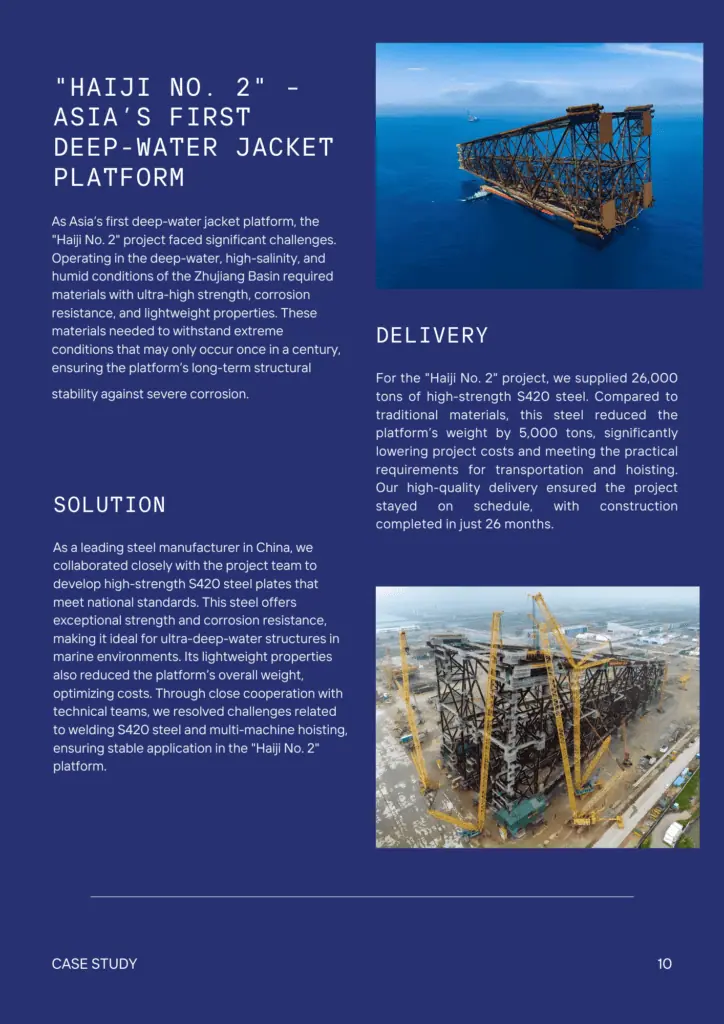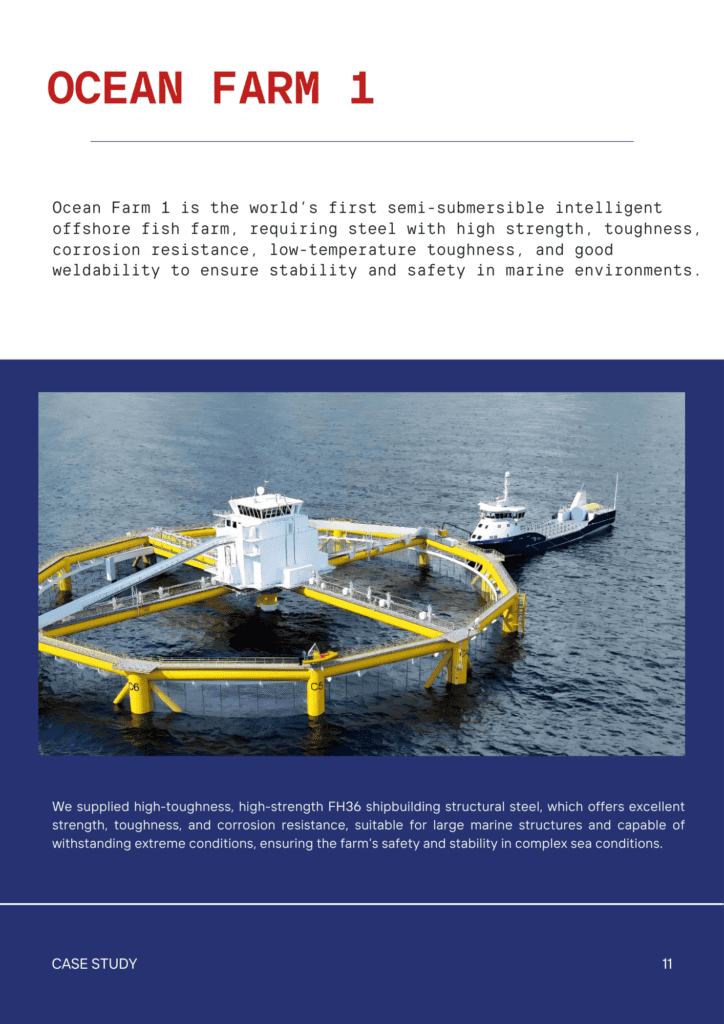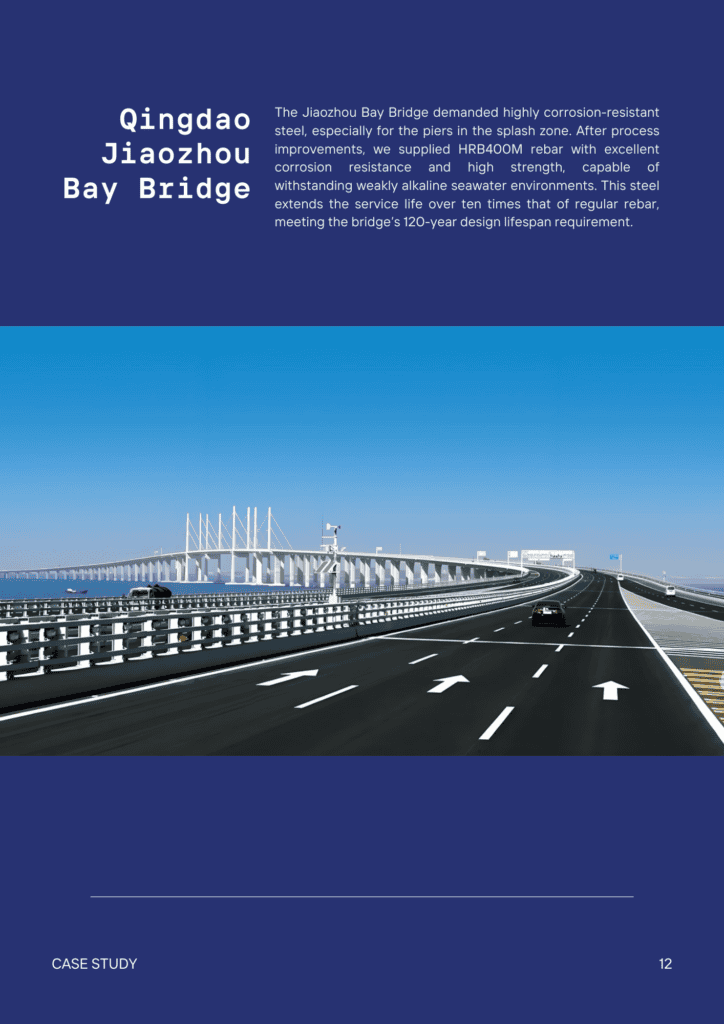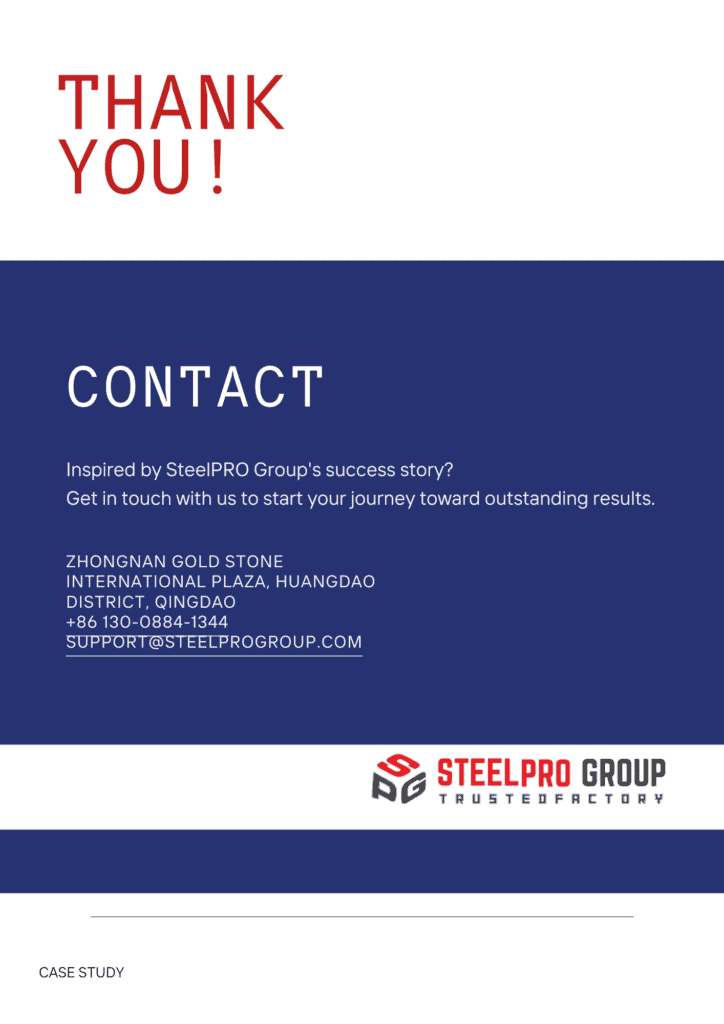Contents
5160 High Carbon Spring Steel: Properties, Uses, Products
- John
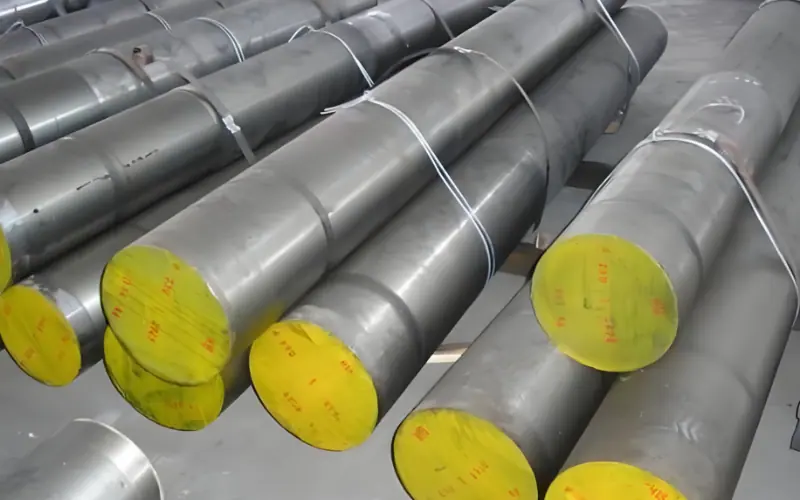
At SteelPro Group, we specialize in supplying high-quality 1045 steel, available in various forms including steel plates and rods. We provide versatile solutions like hot-rolled, cold-rolled, or annealed steel to meet your specific requirements.
What Is 5160 Carbon Steel?
5160 steel is a high-carbon chromium alloy used mainly for springs, recognized for its excellent strength, flexibility, and resistance to fatigue. It is primarily used in automotive heavy-duty spring applications, especially leaf springs, and in the production of knives and swords. Special attention is required during welding and machining due to its hardenability.
Pros And Cons of 5160 Carbon Steel
Advantages of 5160 Carbon Steel
High Toughness: Excellent resistance to shock loading and impact, making it ideal for heavy-duty parts like suspension components and leaf springs.
Good Wear Resistance: Offers a strong balance of hardness and toughness post-heat treatment, suitable for high-friction applications like tools and gears.
Cost-Effective: Provides strong mechanical properties at a lower cost compared to higher-alloy steels.
Formable After Heat Treatment: Retains desirable mechanical properties for complex shapes and high-stress components.
Disadvantages of 5160 Carbon Steel
Corrosion Prone Without Protective Coating: Requires protective coatings or regular maintenance to prevent rust
Limited High-Temperature Stability: 5160 exhibits a low tempering resistance at elevated temperatures. It softens and loses hardness beyond ~400°C, less suitable for high-temperature environments.
Brittle at Low Temperatures: The impact toughness of 5160 steel significantly decreases in extremely low temperatures.
Lower Fatigue Resistance: 5160 fatigue resistance is inferior to that of higher-alloy steels like 4340 or 8620, particularly in cyclic loading applications.
5160 Steel Equivalent
Here are the equivalents to 5160 steel:
- UNS: G10950
- ASTM A29/A29M: 1095
- DIN 17222/EN: Ck101/1.1274
- JIS G4801: SUP4
5160 Spring Steel Products Forms And Supply Range
SteelPro Group offers a versatile selection of product forms, including bars, sheets, plates, and coils. We also offer custom dimensions.
| Product Form | Thickness/Diameter Range | Width Range | Length Range |
| Round Bars | 10 mm (0.39″) to 300 mm (11.81″) | – | 3000 mm (118″) to 6000 mm (236″) |
| Flat Bars | 3 mm (0.12″) to 80 mm (3.15″) | 20 mm (0.79″) to 300 mm (11.81″) | 3000 mm (118″) to 6000 mm (236″) |
| Sheets and Plates | 3 mm (0.12″) to 100 mm (3.94″) | 1000 mm (39.37″) to 2000 mm (78.74″) | 2500 mm (98.43″) to 6000 mm (236″) |
| Coils | 1.5 mm (0.06″) to 6 mm (0.24″) | 1000 mm (39.37″) to 1500 mm (59.06″) | – |
| Forged Bars | 20 mm (0.79″) to 250 mm (9.84″) | – | 3000 mm (118″) to 6000 mm (236″) |
5160 Carbon Steel Chemical Composition
| Element | Composition |
| Carbon (C) | 0.56 – 0.64 % |
| Chromium (Cr) | 0.70 – 0.90 % |
| Iron (Fe) | 97.085 – 97.84 % |
| Manganese (Mn) | 0.75 – 1.0 % |
| Phosphorus (P) | ≤ 0.035 % |
| Silicon (Si) | 0.15 – 0.30 % |
| Sulfur (S) | ≤ 0.040 % |
5160 Carbon Steel Physical Properties
| Property | Metric Value | Imperial Value |
| Density | 7.85 g/cm³ | 0.284 lb/in³ |
| Melting Point | 1425 – 1540 °C | 2597 – 2800 °F |
| Thermal Conductivity | 42 W/m·K | 24 BTU/h·ft·°F |
| Specific Heat Capacity | 46.6 W/m-K | 323 BTU-in/hr-ft²-°F |
| Electrical Resistivity | 0.0000219 ohm-cm | 0.0000219 ohm-cm |
5160 Carbon Steel Mechanical Properties
| Property | Metric Value | Imperial Value |
| Tensile Strength | 930 MPa | 135,000 psi |
| Yield Strength | 690 MPa | 100,000 psi |
| Elongation | 0.12 | 0.12 |
| Hardness (HRC) | 57 – 58 HRC | 57 – 58 HRC |
| Impact Toughness(Charpy V-notch at -20°C /-4°F) | 30 – 40 J | 22 – 29 ft-lb |
| Modulus of Elasticity | 190-210 GPa | 27557-30458 ksi |
| Bulk Modulus | 160 GPa | 23200 ksi |
| Poissons Ratio | 0.29 | 0.29 |
| Machinability | 55 % | 55 % |
How to Heat Treat 5160 Steel?
Annealing
For softer steel, particularly when forming or machining is required, anneal the steel by heating it to about 700°C (1292°F) and holding it for 1-2 hours. Then, let the steel cool gradually in a furnace or with controlled air cooling. This method softens the steel, making it simpler to handle.
Hardening
Preheating
Before the austenitizing process, preheat the steel to 500°C (932°F) to 700°C (1292°F). This gradual heating helps to reduce thermal shock during quenching and ensures a more uniform temperature distribution throughout the steel.
Austenitizing (Heating)
Heat 5160 steel to a temperature range of 800°C (1472°F) to 850°C (1562°F) for approximately 10-15 minutes. This transforms the steel into austenite, making it ready for hardening.
Quenching
Immediately after austenitizing, quench the steel in oil. Oil quenching helps prevent cracking and ensures a more controlled cooling rate than water. The steel should cool to room temperature (around 20-30°C / 68-86°F).
Tempering
Temper the steel by heating it to 200°C (392°F) to 300°C (572°F) for 1-2 hours to reduce the brittleness introduced by quenching. This process increases toughness without sacrificing too much hardness.
Machining 5160 Steel
Due to its toughness, machining 5160 steel can be difficult. To soften it and improve machinability, it’s best to anneal the steel before cutting. Use HSS or carbide tools with slower cutting speeds and adequate cooling to prevent tool wear.
Welding 5160 Steel
Welding 5160 steel can be tricky due to its high carbon content and potential for cracking in the heat-affected zone.
Welding 5160 steel requires preheating to 200-300°C (392-572°F) to prevent cracking. Post-weld heat treatment, like tempering, is often needed to retain toughness. Use SMAW or GTAW with low-hydrogen electrodes to minimize brittleness.
What Is 5160 Steel Used For?
Here are the practical applications of 5160 steel:
- Automotive: Leaf springs and coil springs for vehicle suspension.
- Forged Tools: Hammers, axes, machetes.
- Truck Suspension Springs: Heavy-duty springs for trucks and commercial vehicles.
- Knife Blades: Survival knives, swords, and large fixed-blade knives.
- Heavy Machinery: Shackles, pins, bushings, mechanical components.
- Agricultural Tools: Shovels, plow blades.
Is 5160 Steel Good for Knives?
Yes, 5160 steel is excellent for large, tough, survival, or fixed-blade knives. Its high toughness and impact resistance make it ideal for heavy-duty use, but it’s not the best choice for small knives or those needing fine edges.
5160 VS 1095
5160 excels in toughness, while 1095 is better for edge retention and ease of sharpening. While 5160 provides greater corrosion resistance, 1095 is more susceptible to rust and needs more upkeep.
5160 steel is tougher and more impact-resistant than 1095, thanks to its chromium content, making it ideal for heavy-duty tools and suspension springs. 1095 steel, however, is easier to sharpen and holds a finer edge, making it a better choice for knives requiring sharpness.
Choose the Best 5160 Steel for Your Next Project
At SteelPro Group, we offer high-quality 5160 steel with custom machining and finishing options, including cutting, milling, grinding, and polishing to meet your exact needs. With years of experience, we deliver precision and reliability in every project.
We also provide D2 blade steel for exceptional cutting performance. Contact us today to see how we can support your project with top-grade materials and expert service.



